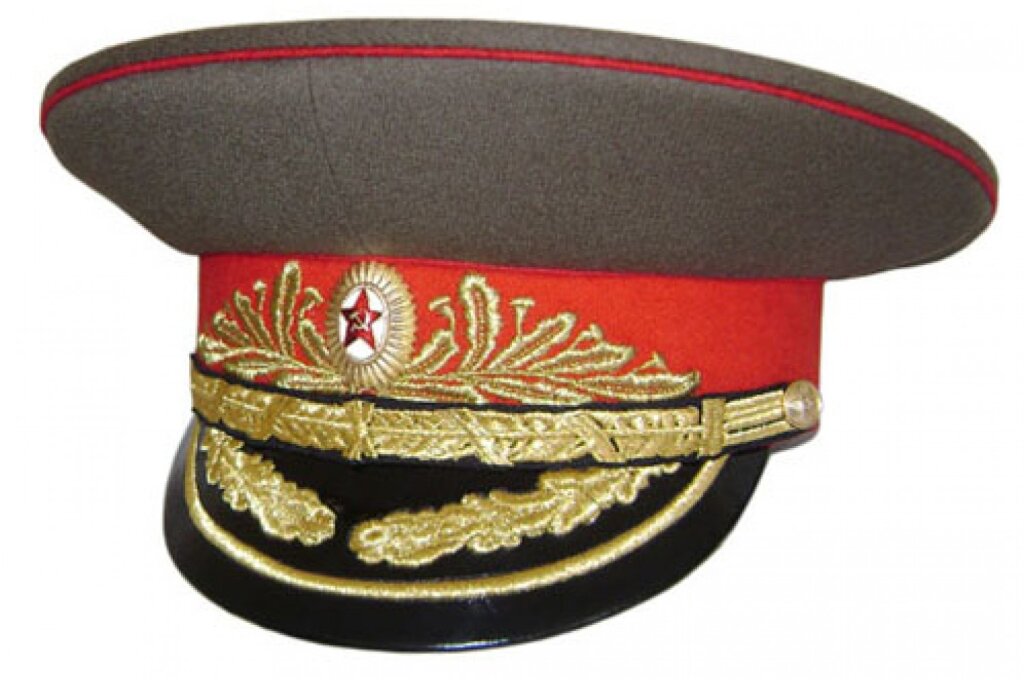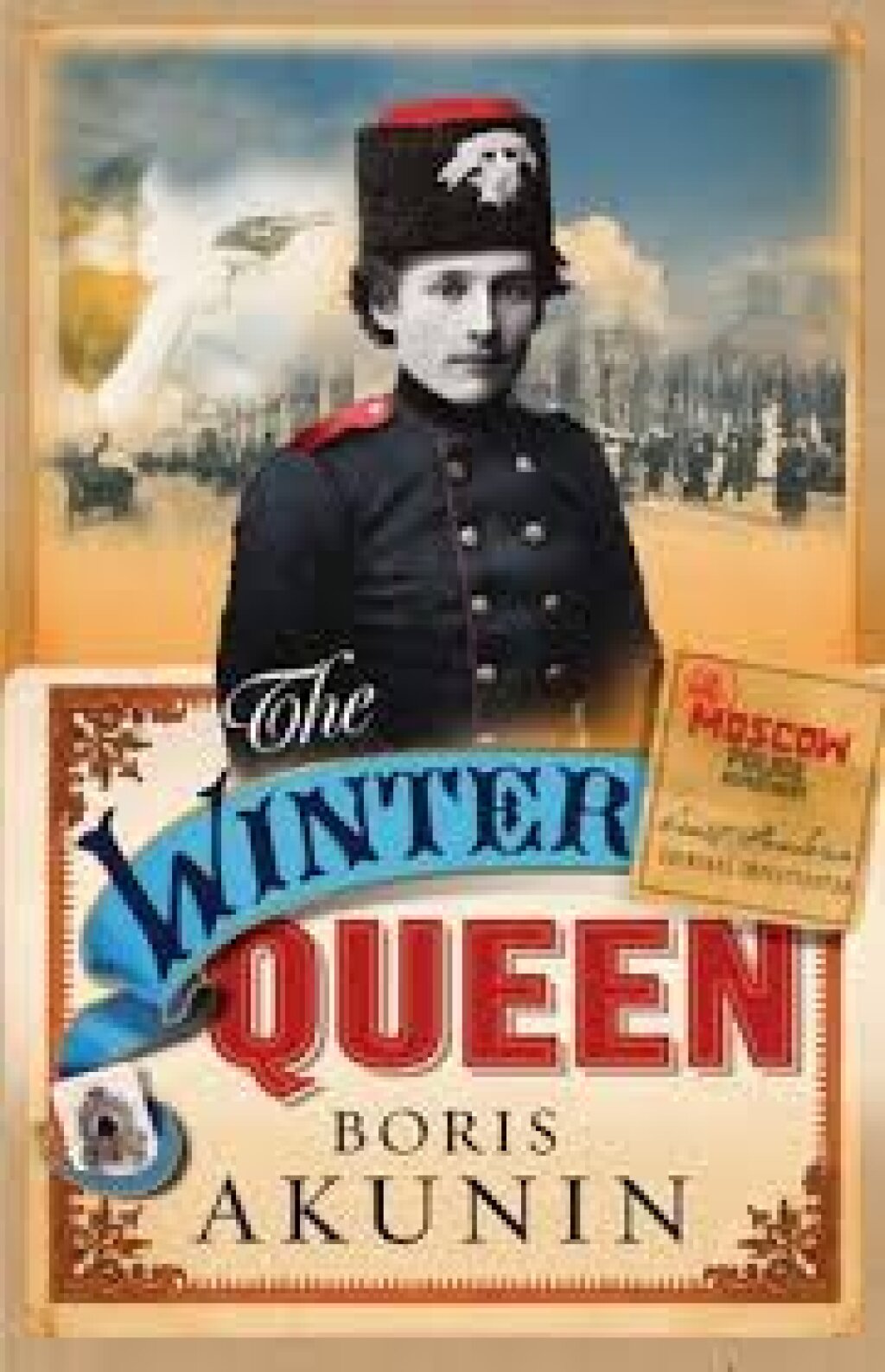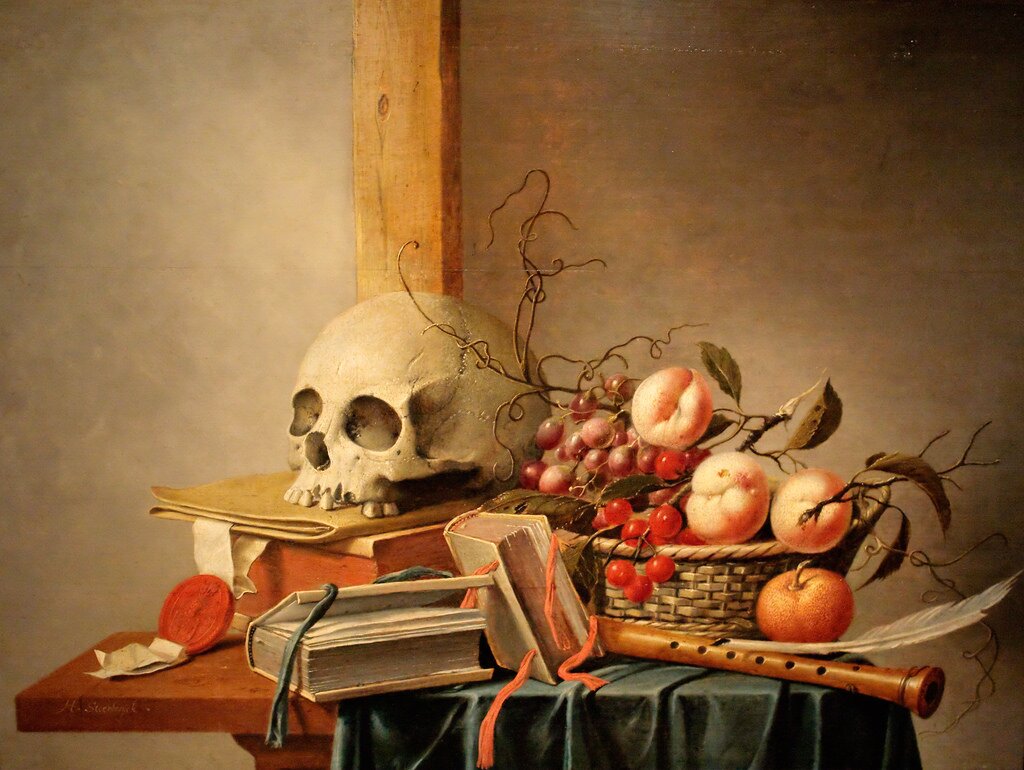Tobias Rupprecht is head of the "Peripheral Liberalism" research group at the "Contestations of the Liberal Script" Cluster of Excellence in Berlin.
A strange sight greeted visitors in Prague’s old town in spring 1994: at a stall selling memorabilia of the recently discarded ideology of state socialism, the former Chilean military dictator Augusto Pinochet was trying on Soviet military hats. Pinochet’s visit angered human rights activists and democratic governments, a reaction that eventually caused him to abandon a larger planned trip through Eastern Europe and Russia. Even more strikingly, however, he received a wave of support from anti-socialists, Catholic nationalists, and market liberals.
"If we had had a Pinochet in 1948," young Christian Democrats claimed on Czech TV, "Everything would have worked out for the better." A respected newspaper published an article titled "Let's fight the Communists, not Pinochet!" And some former dissidents of the Charta 77 invited Pinochet over for dinner — an offer he politely declined. The brief kerfuffle around the former South American dictator, who two decades earlier had violently toppled a Marxist government and pushed through liberal economic reforms, emblematized debates across a region that had recently overcome its own socialist past and was undergoing a transition to a free-market economy.
Post-socialist Europe and Russia evinced an abiding fascination with different aspects of the Chilean transformation, and with Pinochet personally, throughout the the 1980s and 1990s. For Pinochet’s admirers in Prague and Petersburg, the Chilean model served as an inspirational symbol of a non-democratic path to an efficient economy. A first variant of this path was laid out before 1989 under the tutelage of a de-ideologized authoritarian Communist Party. Such authoritarian reflexes did not disappear overnight with the end of state socialism, however. A second variant emerged after the end of planned economies, with the "Chilean model" deployed by anti-communists and liberal economists across the region as a source of legitimacy in their internal struggle against opponents of their proposed reforms.
In the Czech Republic, the Pinochet debate soon fizzled out. But in Russia throughout the 1990s, economic liberals and nationalists continually referred to Chile’s authoritarian model. Pinochet, in Soviet times carefully constructed as the chief bogeyman of domestic and international propaganda, was now used in the rhetorical struggle against a resurgent Russian Communist Party.
A cable from the Chilean ambassador in Moscow to his — presumably surprised — superiors in Santiago summed up this strange fascination:
The figure of Pinochet has acquired mythical proportions in this country. All across the Russian political spectrum people talk about him. Very often you can hear both communists and nationalists allude to the strong hand, personal integrity and patriotism of the General, usually followed up by a few words along the lines of “What Russia needs is a Pinochet.”
Vitaly Nayshul, inventor of the voucher system for privatizing parts of the Russian economy, mused after a pilgrimage to see Pinochet in Santiago: "Chile lost 3000 men and became a highly developed society. […] What better example do we need to see that we must act and not just gab about reforms?" Upon his return, he founded the "Institute of a National Economic Model on the Example of Chile." His travel companion Alfred Kokh, later Russian Vice-Prime Minister and head of the State Property Committee, "developed a lot of [his] mentality in Chile," where he "got some training from ministers who were in the Pinochet government." And as early as 1993, then still unknown vice-Mayor of St. Petersburg, Vladimir Putin, himself suggested a Pinochet-style dictatorship to establish political order and jumpstart economic progress in Russia.
What to make of this strange fascination that some Russian and East European transition elites held with the mustachioed Communist-slayer from Santiago de Chile? Narratives of "democratic awakening" or "democratic breakthrough" have pervaded popular perceptions and the historiography of both "1989" itself and the end of European state socialism. Western observers and Eastern European liberal elites alike often saw the post-socialist state, its institutions, and its underlying political values as an emulation of the Western liberal model. Rhetoric about a "return to Europe" and the creation of "normal economies" framed the parallel dismantling of authoritarian rule and the introduction of market economies in Eastern Europe as a return to historical normalcy.
Pinochet in Prague wearing a Soviet Army hat also points to a kind of willful blindness to decidedly illiberal strands of political thought. Before the unexpected "annus mirabilis," Eastern European elites saw organic development toward liberal democracy as unlikely, with debates on possible reform paths instead centering de-ideologized versions of existing vertical power structures. Champions of marketization in late socialism, too, more commonly envisioned their reforms within an authoritarian framework than as means to overcome it.
A certain liberal triumphalism over the unexpected democratic breakthrough of 1989, it seemed, had blanked out other visions of a possible political economy that had developed across Eastern Europe and the Soviet Union through the 1980s and did not disappear with the democratization of the early 1990s. As a powerful symbol for an authoritarian path to an efficient economic system, Pinochet was already a common subject of debates among economic and political figures in the socialist '70s and '80s, and remained a frequently invoked role model in the decade after the end of European state socialism. Liberal democracy celebrated an unexpected (and, pessimists might argue, premature) win in many previously socialist states in 1989. Yet as the glorification of Pinochet's economic policies demonstrates, Eastern Europe had not closed the door on authoritarianism even after socialism's collapse.



